África/04 agosto 2016/ Fuente: IPS Noticias
En un momento en que 20 millones de personas sufren la escasez de alimentos por la sequía que golpeó a África subsahariana y por problemas de desarrollo, representantes de la Organización de las Naciones Unidas para la Alimentación y la Agricultura (FAO) y del Parlamento Panafricano (PAP) se reunieron en Johannesburgo para crear una nueva alianza para la seguridad alimentaria.
La reunión del lunes 1 de este mes llevó varios años de preparación desde la segunda Conferencia Internacional sobre Nutrición, organizada por la FAO a fines de 2014.
“Tenemos 53 países en el PAP y la alianza será grande”, señaló Bernadette Lahai, cuarta vicepresidenta del Parlamento, en cuyas oficinas se realizó el taller.
“A escala continental, una vez que hayamos lanzado la alianza formalmente, alentaremos a los parlamentos regionales para que toda África aúne esfuerzos”, apuntó la dirigente sierraleonesa. “Será una voz muy fuerte”, destacó.
Por su parte, la coordinadora especial para alianzas parlamentarias de FAO, Caroline Rodrigues Birkett, comentó que su tarea es asegurarse de que los parlamentarios pongan a la seguridad alimentaria en el centro de su agenda.
“Hacemos esto porque según la evidencia que tenemos en la FAO, una vez que se tienen las leyes y las políticas sobre seguridad alimentaria y nutrición, hay una correlación positiva con la mejora de los indicadores específicos”, explicó.
“El año pasado, facilitamos la participación de siete parlamentarios africanos en una reunión de América Latina y el Caribe, en Lima, y esos mismos siete nos pidieron un intercambio con otros parlamentarios africanos”, relató.
Y ahora, un pequeño grupo de legisladores de América Latina y el Caribe viajaron a Johannesburgo para aportar detalles de su propia experiencia con la FAO en una alianza dedicada a garantizar la seguridad alimentaria para las personas que pasan hambre en América del Sur y en las naciones insulares del Caribe.
María Augusta Calle, quien integró el grupo representando a Ecuador, contó a los aproximadamente 20 miembros del PAP que, según su experiencia, trabajar con funcionarios de la FAO contribuyó a la erradicación del hambre en gran parte de la región.

De izquierda a derecha: coordinadora especial de la FAO para alianzas parlamentarias, Caroline Rodrigues Birkett, Maria Augusta Calle, de Ecuador, y vicepresidenta del PAP, Bernadette Lahai. Crédito: Desmond Latham/IPS.
Por su parte, Caesar Saboto, de San Vicente y las Granadinas, fue claro sobre las oportunidades que para aliviar el hambre existen en el mundo en desarrollo.
“Es la primera vez que viajo a África y no es de vacaciones”, comenzó. “Es por una razón muy importante. No quiero regresar al Caribe y, por cierto que María Augusta Calle tampoco quiere, diciendo que vinimos a dar un discurso”, indicó.
“En 1995, 20 por ciento de los 110.000 habitantes de mi país estaban subalimentados. Más de 22.000 estaban en vulnerabilidad alimentaria”, indicó en su breve presentación.
“¿Pero saben qué? Trabajando con las comunidades y los gobiernos logramos reducir esos números a 5.000, en 2012, o 4,9 por ciento de la población. Y estoy encantado de anunciarles aquí, por primera vez, que en 2016, apuntamos a reducirlo a 3.500, o 3,2 por ciento”, alentó, lo que motivó aplausos de los delegados presentes.
Entre los miembros del PAP, había representantes de sectores como agricultura, transporte y justicia, además de salud y especialistas en género. Una de las interrogantes planteadas fue cómo se pueden aplicar los procesos de las pequeñas naciones insulares a las necesidades de vastas regiones africanas.
“Cualquier número se puede dividir”, prosiguió Saboto.
“Primero tiene que comenzar con la voluntad política; tanto el gobierno como la oposición deben aceptar la idea. Si tienes 20 millones de personas, las puede dividir en grupos de trabajo y asignar estructuras para la rendición de cuentas y la transparencia”, explicó.
Además, los delegados africanos se interesaron por los procesos que usaron las naciones latinoamericanas para crear su estructura. Lahai quería que los latinoamericanos ayudaran al Parlamento Africano a planificar la creación de sus propias estructuras.
“La seguridad alimentaria no es solo una cuestión política, sino de desarrollo”, precisó en entrevista con IPS.
“La primera instancia cuando hay problemas de seguridad alimentaria suele ser el parlamento. Debemos de encabezar los esfuerzos hacia lo que se conoce como el hambre cero”, subrayó.
Pero todavía quedan grandes desafíos por delante.
Tras una reunión de octubre de 2015, la FAO se alió con el PAP con el fin de luchar contra el hambre a través de una nueva alianza. Pero el Parlamento Africano es un grupo poco estructurado de naciones africanas cuyos miembros no pudieron lograr el respaldo de los gobernantes para esa iniciativa.
Lahai insistió en que el taller debía comenzar por atender las cuestiones de estructura.
También subrayó que había que considerar la coordinación entre el PAP, varios países y otras agrupaciones como la Comunidad Económica de los estados de África Occidental (Ecowas) y la Comunidad de Desarrollo de África Austral (SADC).
“Necesitamos un marco adecuado”, observó.
“Es importante involucrar a nuestros gobernantes en el proceso. Con eso en mente, sugeriría que aprendamos mucho de nuestros visitantes, quienes tuvieron experiencias positivas trabajando en cuestiones de nutrición en América Latina”, subrayó.
El representante de la FAO en Sudáfrica, Lewis Hove, alertó que la mala nutrición creó una situación en la que las niños y los niños con retraso en el crecimiento corrían más peligro de ser obesos en el futuro.
La aparente contradicción surgió de estadísticas que muestran que países de bajos y medianos ingresos registraban una relación costo beneficio de 16 a uno.
El Cuadro Nutricional de África, publicado por la Nueva Alianza para el Desarrollo de África (Nepad) a fines de 2015, muestra que alrededor de 58 millones menores de cinco años en África subsahariana tienen baja estatura para su edad.
Además de que otros 163 millones de mujeres, niñas y niños tienen anemia por la mala nutrición.
El taller terminó con un llamado para que la FAO y el PAP impulsen una mayor capacitación y facilitación.
En ese contexto, la próxima reunión de estados de América Latina y el Caribe en México se fijó como plazo para comenzar el proceso de creación de una nueva secretaría. Se pensó que así los miembros del PAP se verían impulsados a promover el proceso, y se acordó que la sede del nuevo órgano tendría su sede en el Parlamento Panafricano, en Sudáfrica.
Lahai dijo que los delegados prepararán un informe técnico para firmarlo en la próxima ronda del PAP, prevista para fines de este año en Egipto.
Fuente: http://www.ipsnoticias.net/2016/08/nueva-alianza-busca-reforzar-la-seguridad-alimentaria-en-africa/

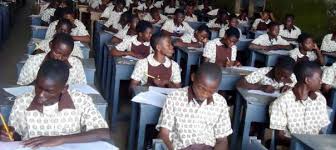
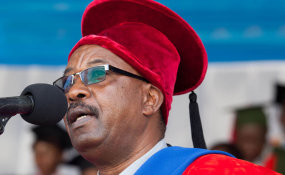
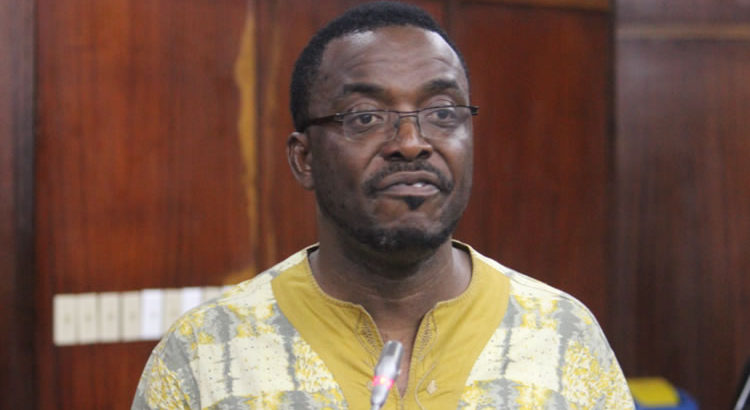
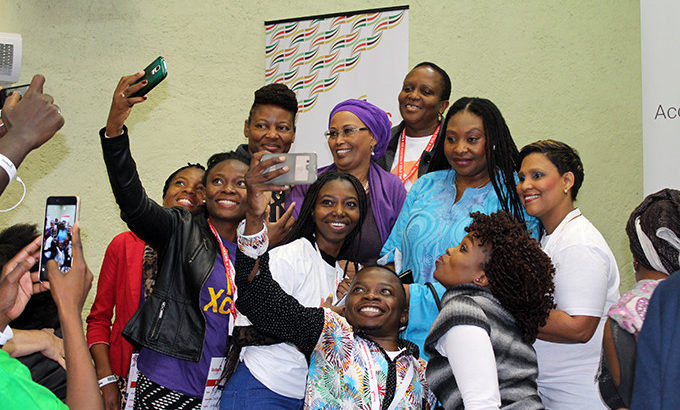

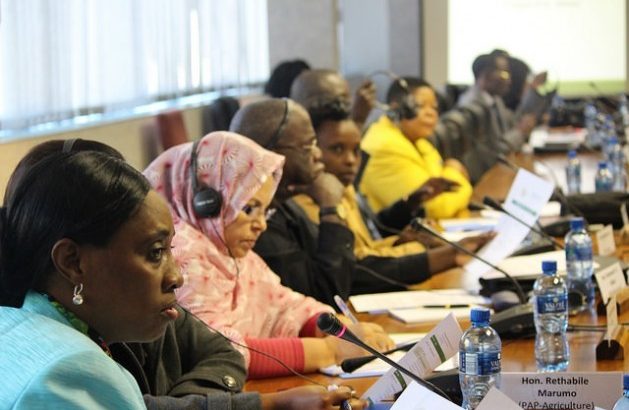







 Users Today : 2
Users Today : 2 Total Users : 35460385
Total Users : 35460385 Views Today : 3
Views Today : 3 Total views : 3419166
Total views : 3419166